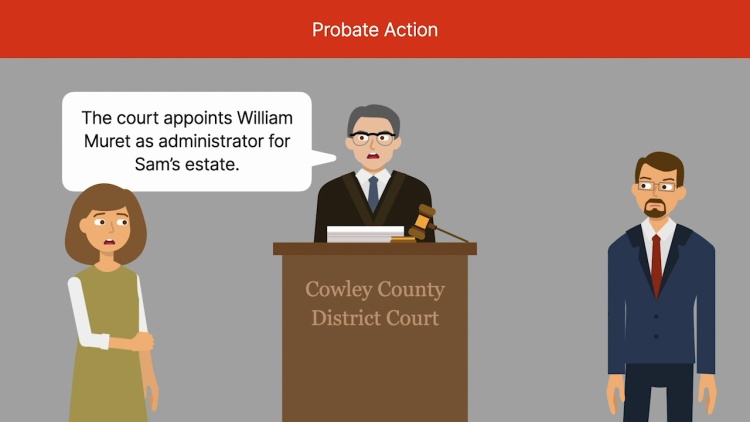Reese v. Muret
Kansas Supreme Court
150 P.3d 309 (2007)
- Written by Craig Conway, LLM
Facts
Wade “Sam” Waldschmidt, Jr. married Deloris Hibbs, and the couple had a child named Heather (plaintiff). Heather’s birth certificate listed Sam as her father, and Sam treated Heather as his own child. Later, Deloris and Sam were divorced by the order of a trial court, which awarded custody of Heather to Deloris, ordered Sam to pay child support, and awarded Sam visitation rights. Subsequently, Sam had very little contact with Heather. Sam married Sandra (defendant) before committing suicide. After a probate court appointed William Muret (defendant) as the administrator of Sam’s estate, Sandra filed a motion to require genetic testing to determine whether Heather was Sam’s daughter. The court denied Sandra’s motion. Around the same time, Heather filed a paternity action against Muret pursuant to the Kansas Parentage Act, claiming that Sam was her presumptive father. Sandra intervened and again moved for genetic testing to be conducted. The trial court denied Sandra’s motion based upon the court’s holding in In re Marriage of Ross, 783 P.2d 331 (Kan. 1989), and held that it was not in Heather’s best interests to conduct genetic testing. Sandra appealed. The appeals from the probate and paternity actions were consolidated for review by the Supreme Court of Kansas.
Rule of Law
Issue
Holding and Reasoning (Rosen, J.)
What to do next…
Here's why 907,000 law students have relied on our case briefs:
- Written by law professors and practitioners, not other law students. 47,100 briefs, keyed to 996 casebooks. Top-notch customer support.
- The right amount of information, includes the facts, issues, rule of law, holding and reasoning, and any concurrences and dissents.
- Access in your classes, works on your mobile and tablet. Massive library of related video lessons and high quality multiple-choice questions.
- Easy to use, uniform format for every case brief. Written in plain English, not in legalese. Our briefs summarize and simplify; they don’t just repeat the court’s language.





